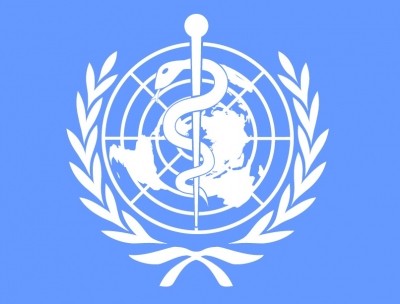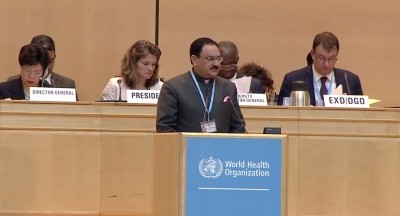WHO says anything short of full trial disclosure skews public spending

World Health Organisation (WHO) Assistant Director General for Health Systems and Innovation Marie-Paule Kieny called for greater disclosure today, arguing that full disclosure "underpins the principal goal of medical research: to serve the betterment of humanity.”
“Failure to publicly disclose trial results engenders misinformation, leading to skewed priorities for both R&D and public health interventions” said Kieny, adding "it creates indirect costs for public and private entities, including patients themselves, who pay for suboptimal or harmful treatments.”
Last month a report in the New England Journal of Medicine (NEJM) revealed that the vast majority of results from clinical trials are not reported on ClinicalTrials.gov within a year of their ending.
An earlier study of vaccine trials registered in various databases revealed that full results from only 29% had been published in a peer-reviewed journal within 24 months of completion, which is the target timescale the WHO recommends.
Trial registry
In 2005 the WHO called for unambiguous identification of all interventional clinical trials and established the International Clinical Trials Registry Platform, which collates information on trials that have been notified in a network of clinical trial registries.
The WHO's comments fit with those of the US Institute of Medicine (IOM), UK politicians, Ben Goldacre's Alltrials organisation.
Members of the European parliament passed a law designed to force drugmakers to publish clinical trial results this time last year.
The European Medicines Agency (EMA) already hosts a trial database, however the agency has not yet decided how the additional information required by the new legislation will be made public.


















